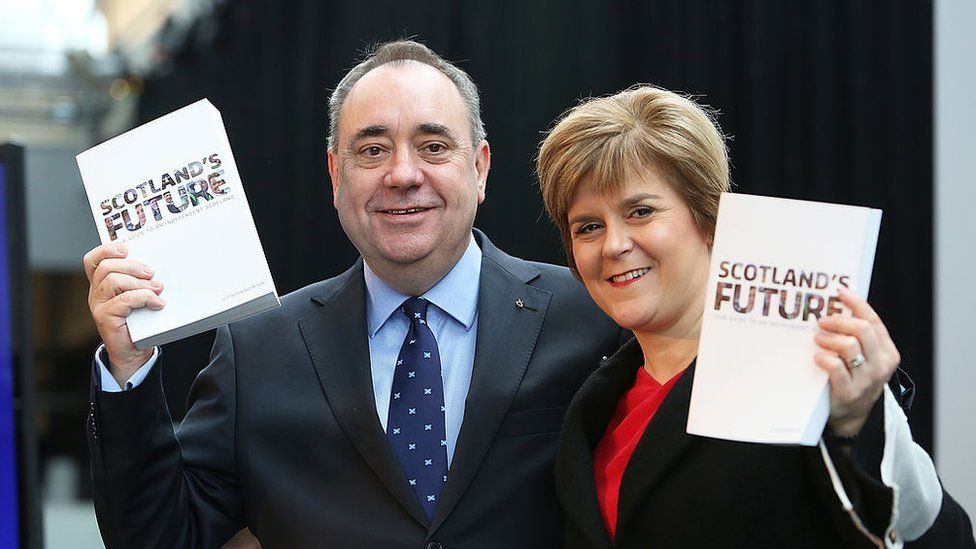
No, obviously not. It’s just fine words, along with every other promise made by cloud computing vendors. I’m using AWS as an exemplar, as they’ve just hyped up the launch of their AWS European Sovereign Cloud.
According to AWS it’s “a new, independent cloud for Europe entirely located within the EU” and has been welcomed by their customers and policymakers.
Basically it’s rolling out new “sovereign” AWS Local Zones in which the data will always remain in the country of origin. That’s data residency, not sovereignty, but it’s a start – if Uncle Sam wanted access to this data they’d have to pressure AWS to hand it over. However, given the US Administration’s willingness to pressure Europe into making Demark hand over Greenland, such pressure isn’t unimaginable.
Stéphane Israël, managing director of the AWS European Sovereign Cloud and digital sovereignty, stated “Customers want the best of both worlds – they want to be able to use AWS’s full portfolio of cloud and AI services while ensuring they can meet their stringent sovereignty requirements. By building a cloud that is European in its infrastructure, operations, and governance, we’re empowering organisations to innovate with confidence while maintaining complete control over their digital assets.”
This is interesting. Governments do impose sovereignty requirements, but that doesn’t mean they get them. It just means a service provider has promised to keep their data within international borders while it’s convenient for them to do so. However, if the company is ultimately based abroad, the government there will be able to pressure it to hand the data over anyway, and the small print in the contract will allow them to comply to all applicable laws (present and future).
I don’t want to make the Americans out to be the bad guys here. For example, late last year a Canadian court ordered French bit barn OVHcloud to hand over customer data as part of a criminal investigation. This could have been handled by a mutual assistance treaty, but the Canadian police decided to go after OVH’s Canadian subsidiary. French law prohibits OVH from complying or they go to jail, but the Canadian’s will take it out on their subsidiary there if they don’t. Place your bets on the outcome.
And this is mild mannered Canada. Imagine what the Chinese or Americans might do, and for less reason? Companies in China are very much under the control of Communist Party, and the US CLOUD Act (Clarifying Lawful Overseas Use of Data Act, 2018) allows US officials to subpoena data from US companies stored on foreign servers with minimal court protections.
Now you might say you don’t really care if the CIA wants to read the innocuous chatter between Wizards on your MUD, but if it’s personal information protected by local law then you might find yourself in trouble whether the option to access it is taken or not.
So what can you do?
You can eschew multinational hyperscalers and use a local cloud provider, of course. Your local government can probably still access the data unless they’re too small to show up on radar, but this may not matter to you or your customers. The risk here, in my experience, is that these companies don’t last forever and may well be subsumed by a multinational. And to be honest, quality has proved even more variable than the hyperscalers. You won’t get the PaaS infrastructure tools and services provided by the likes of AWS, Azure GCP. However, going for the self-managed VPS option doesn’t tie you to a particular provider and give you an escape route if their sovereignty becomes compromised at a later date.
The problem remains – your VPS provider can snoop on you. One particular provider, who shall remain nameless, contacted me to warn I was running a compromised version of RHEL and I really needed to patch it or they’d take my server down. What? It turned out I had a CentOS repository (running on FreeBSD), which was needed to support testing and migrating a legacy project and their scanner had picked up an old (but obviously not running) version of log4j2 amongst the packages. The point is they were scanning the disks, albeit with the best of intentions. And if you think running whole disk encryption on a VM would stop that, think again.
Last week a friend asked what I thought of a particular UK cloud provider as a means to overcome sovereignty problems perceived by his commercial partners, which was the second thing that has prompted me to write this. He followed with “I expect you’ll say I should run my own servers in a data centre”, and he be right in many cases. If you can run your own VPS, you ought to be able to run your own servers, and they’ll be a lot cheaper. If you’re not sure about looking after the hardware, put a consultant on a retainer. And if you think hard disks have become a bit expensive lately, wait until you see what the could providers charge per gigabyte. Having your own servers also means you do have total control of your data. You know where it is at all times, and can whole disk encrypt it if necessary to protect against physical theft. With cheap asymmetric fibre lines you can even keep backups and archives in your company safe, or under a mattress as you prefer.







